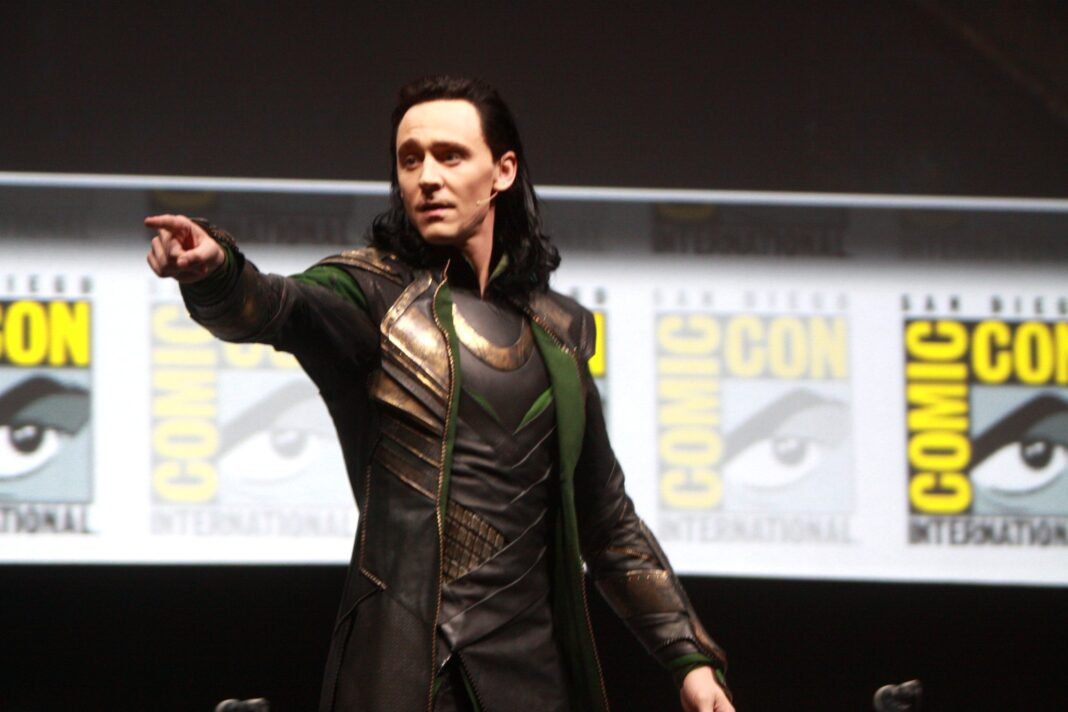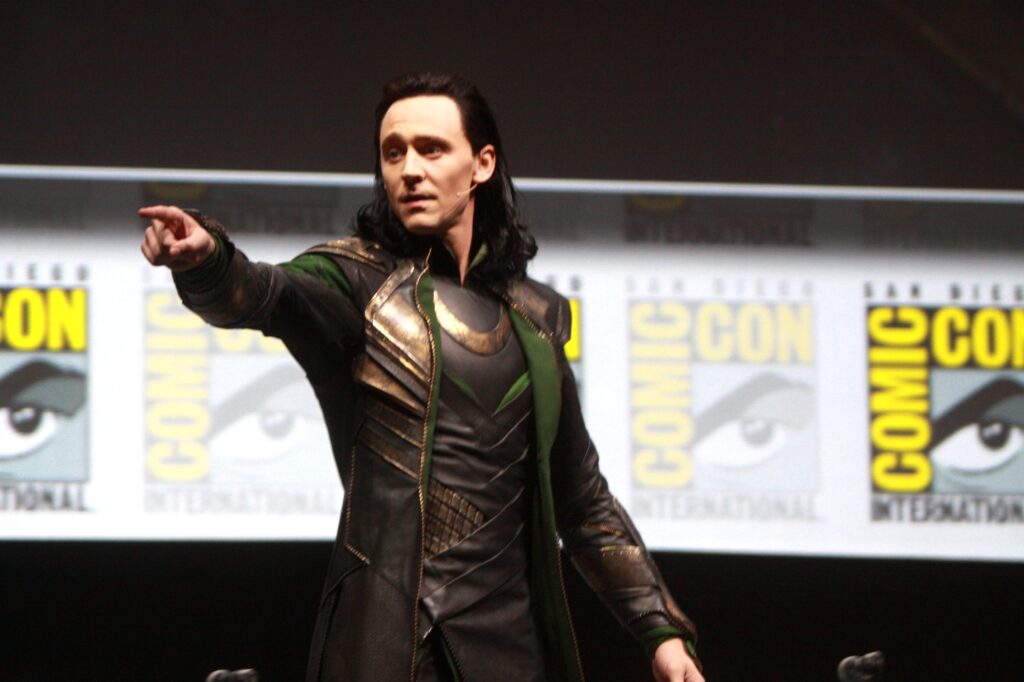

In the wake of a tumultuous Phase Four that left fans uncertain about the future, we now find ourselves in Phase Five of the Marvel Cinematic Universe (MCU).
Since the remarkable conclusion of Marvel’s Phase Three in 2019 with the release of “Avengers: Endgame” and “Spider-Man: Far From Home,” fans were eager to see what lay ahead.
The unveiling began during the COVID-19 pandemic with “Wandavision,” the first Marvel show on Disney+ that received mostly positive reviews. Then came the less well-received “The Falcon and the Winter Soldier.”
This trend set the stage for a diminishing interest and hype surrounding the once-beloved MCU, culminating in the lowest box office opening for any Marvel film with “The Marvels.”
However, amidst the uncertainty, one project stood out — the “Loki” series.
Despite being part of the post-Endgame releases, Loki received acclaim for its first season in 2021 and recently concluded its second season.
The narrative revolves around Loki (Tom Hiddleston) plucked from a different timeline and serving as an agent for the Time Variance Authority (TVA), an organization created by a variant of Kang The Conqueror.
The first season introduced Kang, portrayed by Jonathan Majors, and expanded on his character in “Ant-Man: Quantumania,” a film that faced harsh criticism.
Since its introduction, Marvel fans have received much information on the “multiverse” and how it functions, with introductions of variant superheroes in “Doctor Strange: Multiverse of Madness” and the reintroduction of the Spiderman characters originally played by Tobey Maguire and Andrew Garfield.
Returning cast members include Mobius (Owen Wilson) and Sylvie (Sophia Di Martino) with the introduction of Oscar-winning actor Ke Huy Quan as Ouroboros, the head technician of the TVA.
The second season can be divided into three acts, with every two episodes acting as one act. In the first act, we meet Ouroboros as Loki can’t control his spontaneous time traveling. Loki and Mobius are also searching for Sylvie who may have answers to the future of the TVA.
The time loop that was originally kept to keep the multiverse stable is also about to collapse, adding a sense of urgency throughout the season.
The second act involves Victor Timely, a Kang variant from 1892 who grows up knowing how to manipulate time and create inventions much earlier than he’s supposed to. Loki and Mobius must stop the rogue Renslayer and Miss Minutes from using him to take over the TVA. Loki and gang succeed in stopping Renslayer and we are thrust into the last arc.
In the show’s final act, Loki and the gang, with the help of the Victor Timely variant, are doing their best to save existence, but ultimately fail. This leads to what would’ve been a final scene had it not been for Loki finally figuring out how to manipulate time.
After going back and forth between different moments of his life, he finally figures out that the only way to stop He Who Remains is to destroy the temporal loop and spend the rest of eternity as the God of Stories, who watches over the multiverse.
This ultimate self-sacrifice at the end of series goes to show how much the Loki character has grown over the past fourteen years, from benevolent mischief maker to the hero no one ever thought he could be.
With Eric Martin as head writer, there was little doubt that the show would be a miss. There isn’t as much an effort to connect to fan service, which helps make Loki a better show. There’s an emphasis on story that’s lacking in other MCU films and shows.
The show allows us to connect to Loki, Sylvie and Mobius as reflections of heroes that are willing to make the sacrifices necessary for the greater good. That’s why Loki succeeds where other MCU shows fail.
While other MCU shows have an emphasis on setting up the next show or movie you need to watch to stay in the Marvel loop, Loki leaves more room to understand the psychology of the main cast.
Hiddleston’s performance as Loki will be remembered as one of the more iconic comic book character portrayals. Playing the role for over a decade, he paints the portrait of someone who is just misunderstood and lonely.
Quite the concept, “Loki” did not have a previous comic book storyline to bounce off and portray. It was a risky show to make, but the gamble was worth it.
If you’re a fan of the MCU, this is a required watch that lets you immerse yourself into the world of “Loki” and its unique concept of time travel.
With its linear story and outstanding cast, it’s easy to see why fans call this the best of the MCU shows.






